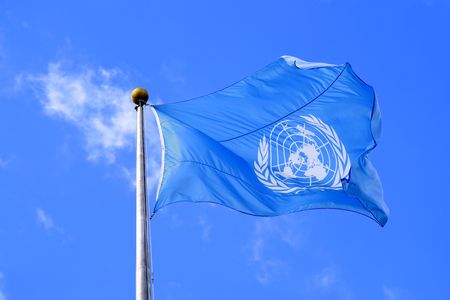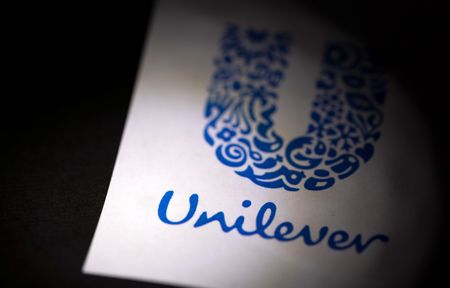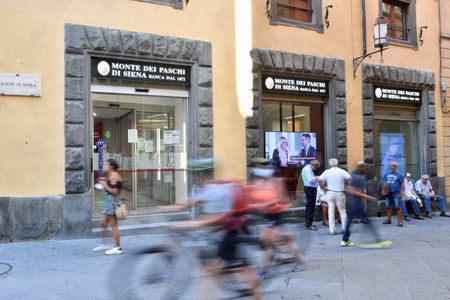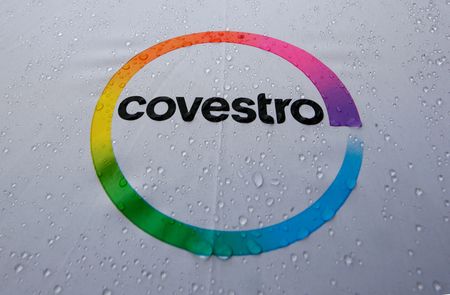By Sergio Goncalves
LISBON (Reuters) -Portugal has breached an international treaty by preventing the public from accessing key information about Europe’s largest lithium mining project during its environmental licensing process, a U.N. committee said on Wednesday.
In 2023, Portugal’s environmental agency APA gave its go-ahead, conditional on some remedies, for London-listed Savannah Resources to develop the mine in the northern Barroso region, which has been a World Heritage site for agriculture since 2018.
Local residents and environmentalists have opposed the project, and said on Wednesday that the findings by the U.N. Aarhus Convention Compliance Committee reinforced their demand for the license to be revoked.
The APA said in a statement that despite having a divergent interpretation of the application of the convention, it “has always acted in strict compliance with administrative procedures, applying the law” and that all the required information had already been made available.
Savannah Resources declined to comment.
In its findings the U.N. committee said that Portugal failed to respect citizens’ rights to environmental information and to participation in the licensing process – rights enshrined in the 2001 convention, which the country ratified in 2003.
The committee added that the APA had failed to respond to requests for environmental information within legal deadlines, and when it refused, failed to inform citizens how to appeal.
The complaint against the authorities’ actions was filed in 2021 by Spanish preservation group Montescola Foundation, with two Portuguese groups serving as observers in the process.
Montescola President Joam Evans welcomed the decision, saying the environmental permit should be revoked.
Savannah, which is keen to supply Europe’s electric vehicles sector, has said Barroso’s deposit of spodumene – an important source of lithium used in batteries – is the biggest in Europe with estimated reserves of at least 28 million metric tons of high-grade lithium. It wants to start production in 2027.
(Reporting by Sergio GoncalvesEditing by Andrei Khalip and Frances Kerry)











